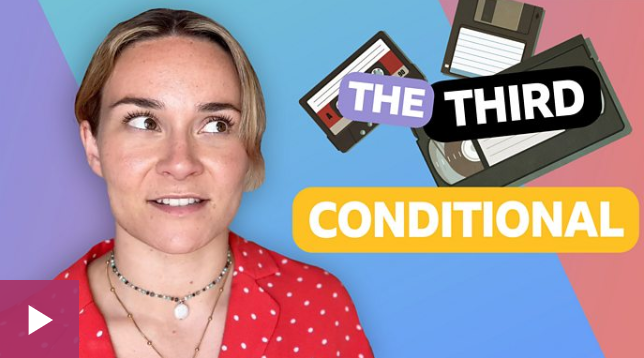USES OF THE THIRD CONDITIONAL
To imagine a different past.
- I got to work today by train, but if the train had been cancelled, I would’ve got the bus.
- She finished the project at the weekend, but if she had been ill, that wouldn’t have been possible.
- The festival was a great success. We were lucky with the weather, because if it had been raining, people wouldn’t have enjoyed it as much.
Similarly, to express regret.
- I wish I had travelled more before starting work. If I had travelled more, I would’ve learnt more about other cultures.
- I wish I hadn’t been so shy at school. If I hadn’t been so shy, I would’ve made more friends.
- I wish I had made a note of all my friends’ birthdays. If I had made a note, I wouldn’t have forgotten Julia’s birthday.
To assign blame.
- You didn’t tell me about the party! If you had told me about the party, I wouldn’t have forgotten to come!
- You didn’t give me the house key! If you had given me the house key, I wouldn’t have been locked outside all night!
- They didn’t give me any information about the project. If they had given me the information, I would’ve been able to finish it sooner.
STRUCTURE
Example: If I hadn’t been so shy at school, I would have made more friends.
Condition (if-clause): past perfect
Result (main clause): would + have + past participle
You can change the order of the sentence and the meaning stays the same:
I would have made more friends if I hadn’t been so shy at school.
